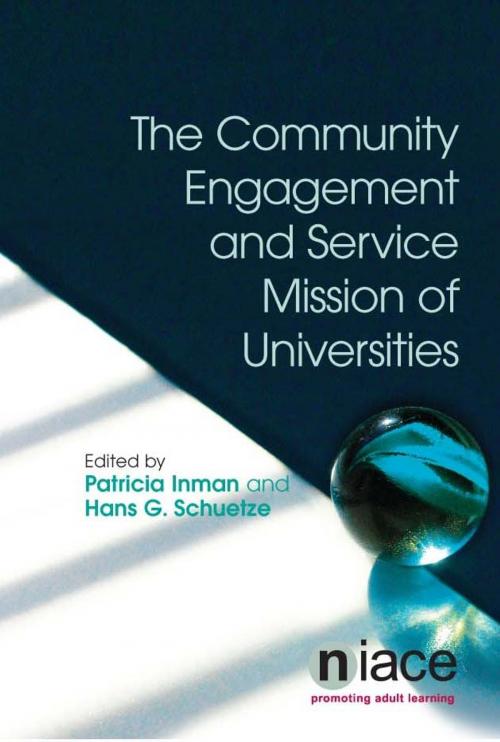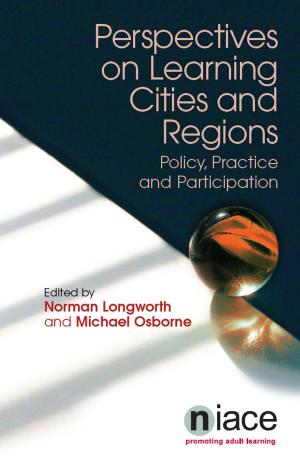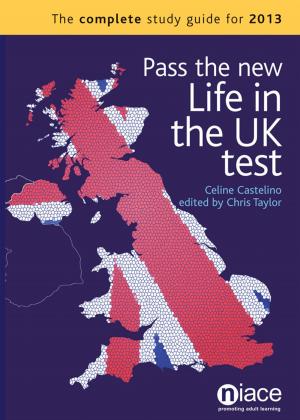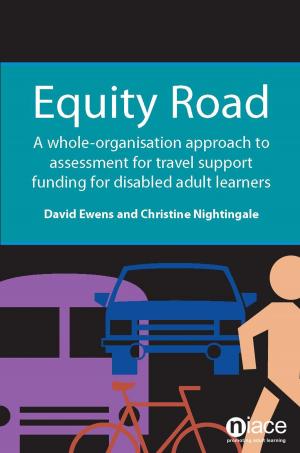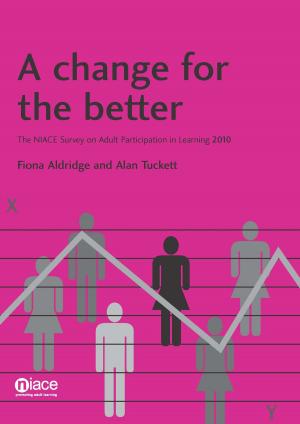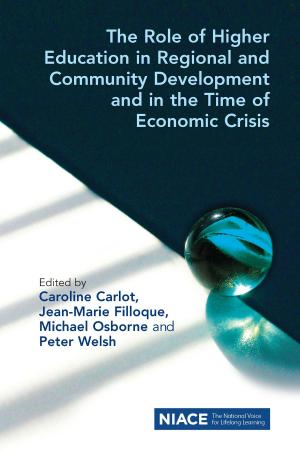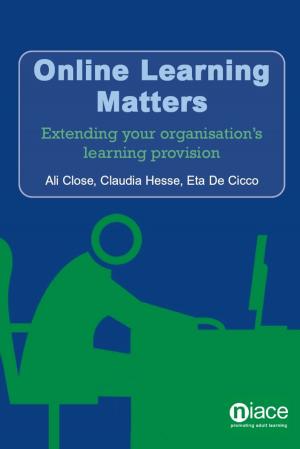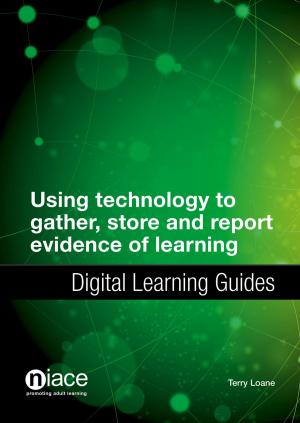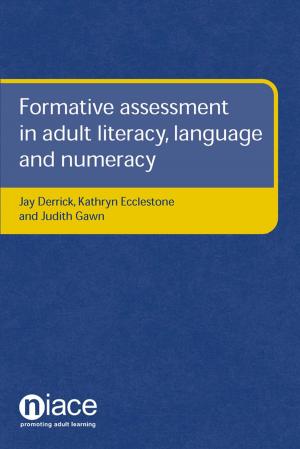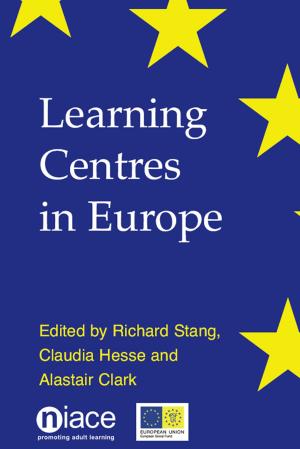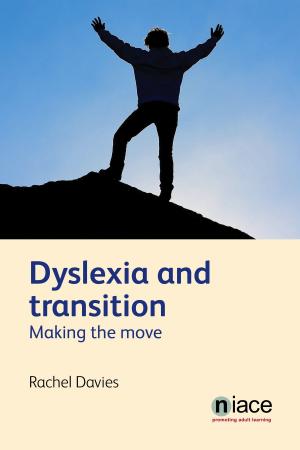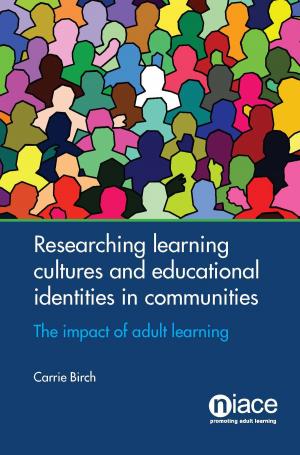The Community Engagement and Service Mission of Universities
Nonfiction, Reference & Language, Education & Teaching, Educational Theory, Adult & Continuing Education, Administration| Author: | ISBN: | 9781862014688 | |
| Publisher: | National Institute of Adult Continuing Education (NIACE) | Publication: | November 30, 2010 |
| Imprint: | National Institute of Adult Continuing Education | Language: | English |
| Author: | |
| ISBN: | 9781862014688 |
| Publisher: | National Institute of Adult Continuing Education (NIACE) |
| Publication: | November 30, 2010 |
| Imprint: | National Institute of Adult Continuing Education |
| Language: | English |
The untapped energy of universities and other institutions of higher education to address regional issues seems endless. Issues less defined by political boundaries and increasingly defined by place call for a new type of engagement. Generating knowledge with communities rather than for communities contrasts sharply with traditional university attitudes that offer expertise rather than appreciation of indigenous knowledge. This highly topical book addresses the widespread discussion about the regional community function of universities, with particular emphasis on economic and social development, discussing the challenges of engagement, but also the possibilities. Developing policy with such a worldview requires new skills focusing on developing relationships and facilitating collaboration. Finding common ground between diverse stakeholders requires innovation and a new set of tools. This book discusses the obstacles to collaboration and provides strategies for addressing these. Essential reading for international researchers practitioners and policy makers concerned with higher education and government, the book provides a foundation for understanding the concepts of both regional policy and engaged higher education institutions. In addition to the theoretical insights gained into the new relationship between universities and communities, the text also illustrates the theory with experiences and innovative examples from well-known institutions of higher education.
The untapped energy of universities and other institutions of higher education to address regional issues seems endless. Issues less defined by political boundaries and increasingly defined by place call for a new type of engagement. Generating knowledge with communities rather than for communities contrasts sharply with traditional university attitudes that offer expertise rather than appreciation of indigenous knowledge. This highly topical book addresses the widespread discussion about the regional community function of universities, with particular emphasis on economic and social development, discussing the challenges of engagement, but also the possibilities. Developing policy with such a worldview requires new skills focusing on developing relationships and facilitating collaboration. Finding common ground between diverse stakeholders requires innovation and a new set of tools. This book discusses the obstacles to collaboration and provides strategies for addressing these. Essential reading for international researchers practitioners and policy makers concerned with higher education and government, the book provides a foundation for understanding the concepts of both regional policy and engaged higher education institutions. In addition to the theoretical insights gained into the new relationship between universities and communities, the text also illustrates the theory with experiences and innovative examples from well-known institutions of higher education.
